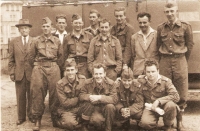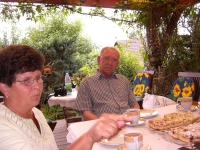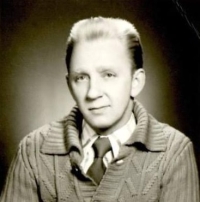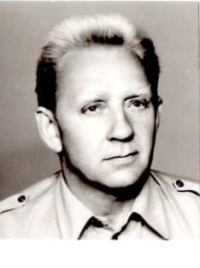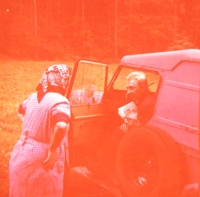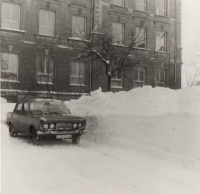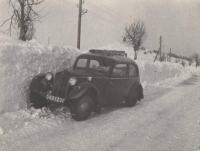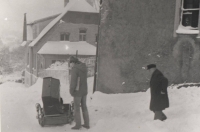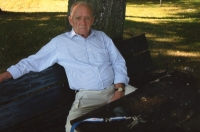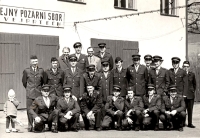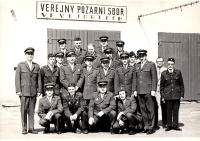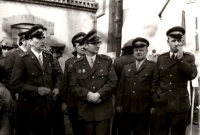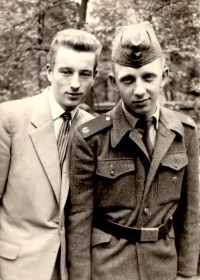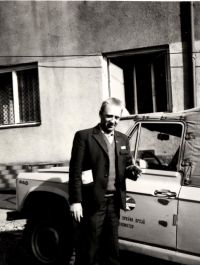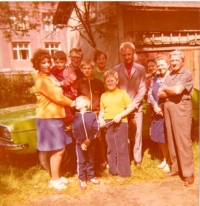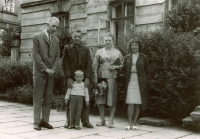I rewarded the prisoners from Rovnost with cigarettes. State Security slapped me in the face
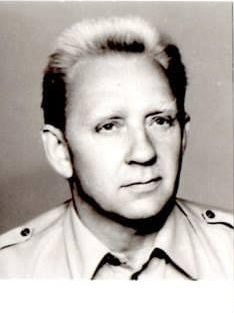
Download image
Horst Schmidt was born on 18 May 1939 in Vejprty to parents of German nationality. The family had a total of four children, for whom the mother was alone from 1942, because the father was killed on the Eastern Front. After the liberation of Vejprty, the Schmidt family’s property was confiscated and the family prepared for the deportation, which did not take place. He learned Czech at school and after finishing his schooling he started working in a textile company. In 1956 he joined the Jáchymovské doly company, where he worked in the fire department, which was located at the Rovnost plant. He worked mainly on rescuing people from mines throughout the Jáchymov region, where accidents often occurred. As a rescuer, Horst Schmidt had the opportunity to move around all the facilities in the Jáchymov region. Thanks to his work, he had a two-year deferment from military service, which he did not enter until 1961. On his return, he was offered the opportunity to stay with Jáchymov mines, but he would be transferred to the Příbram plant. The reason for this was that by 1961 the mines in the Jáchymov region were gradually closing and being closed down. However, he refused this offer and resigned. He returned to Vejprty, where he did an evening apprenticeship and worked as a postman. During 1968, his sisters and mother decided to leave Czechoslovakia and settled in Germany. However, Horst Schmidt continued to stay with his family in the Czechoslovakia until mid-1989. After several requests, the state finally granted his request and he and his family were able to emigrate to West Germany, where relatives lived. He spent the Velvet Revolution, during which the communist regime in Czechoslovakia collapsed at the end of 1989, in a refugee camp in Nuremberg. He and his wife then moved to Hesse, where they lived in 2023.
